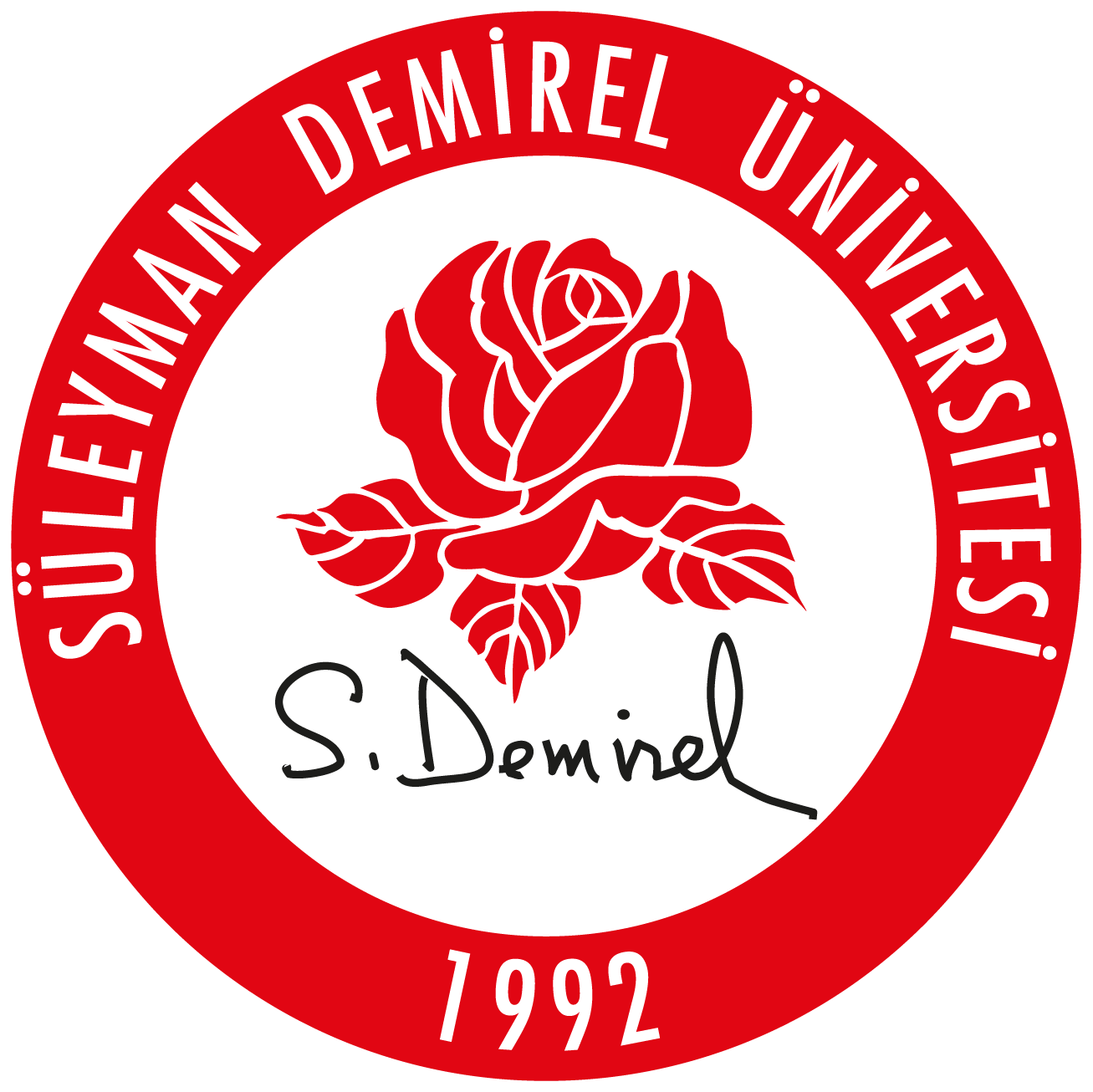Erasmus
The Erasmus+ Programme is a European funding programme established in 1987 to support education, training, youth and sport in Europe. Its budget of €14.7 billion provides opportunities for over 4 million Europeans to study, train, and gain experience abroad. Set to last until 2020, Erasmus+ doesn't just have opportunities for students. Merging seven prior programmes, it has opportunities for a wide variety of individuals and organisations.
Erasmus+ has opportunities for people of all ages, helping them develop and share knowledge and experience at institutions and organisations in different countries.
For nearly 30 years, the EU has funded the Erasmus programme, which has enabled over three million European students to spend part of their studies at another higher education institution or with an organisation in Europe.
Erasmus+ brings such opportunities to all - students, staff, trainees, teachers, volunteers and more under Key Action 1 projects. It's not just about Europe or Europeans either - with Erasmus+, people from all over the world can access opportunities. It offers university students a possibility of studying abroad in another country for a period of at least 3 months and maximum 12 months per cycle of studies. It offers university students a possibility of doing an internship in another country for a period of at least 2 months and maximum 12 months per cycle of studies. With Erasmus+, opportunities are available to spend time teaching or getting training at an education institution abroad for staff. These opportunities are available to both staff working in the education sector and to individuals in businesses invited to share their knowledge of a given sector, subject or issue to students. Opportunities to teach abroad with Erasmus+ are available in education institutions operating at all levels.
The aim of Erasmus+ is to contribute to the Europe 2020 strategy for growth, jobs, social equity and inclusion, as well as the aims of ET2020, the EU's strategic framework for education and training.
For organizations Erasmus+ provides opportunities for cooperation for innovation and the exchange of good practices that are designed to modernise and reinforce education, training, and youth systems. Organisations participating in these opportunities (Capacity Building, Strategic Partnerships) benefits from new approaches to education and training, a more professional and capable professional environment within their organisation, and an increased capacity to work at an EU or international level under Key Action 2.
Under Key Action 3 Erasmus+ contributes to supporting the overall EU policy agenda, the Education and Training 2020 cooperation framework, and the Youth Strategy. Organisations benefits from Key Action 3 improving the quality of education, training, and youth systems in Europe, as well as promoting transnational learning and cooperation between authorities. They will also contribute to developing the basis for evidence based policy-making, as well as supporting networks and tools for policy implementation. Organisations also contribute to improving the involvement of young people in democratic life and their engagement with politicians.
SDU is participating in the Erasmus Programme since 2004. The first Exchange took place in spring term of 2004-2005 academic year. 29 students went for studies to Denmark, Germany, Greece, Poland and Spain, 6 academic staff for teaching to Denmark, Netherlands, Poland and Spain. SDU received at the same time one student from Denmark and one from Poland, 13 academic staff for teaching from countries like Belgium, Czech Republic, Germany and Poland.
Since then there have been sent 2447 students from SDU for studies, 212 for training, 677 academic staff for teaching and 219 academic and administrative staff for training. In the incoming part the SDU received 408 students for studies, 65 for training, 336 academic staff for teaching and 112 academic and administrative staff for training.
Currently SDU is holding Inter-institutional Agreements in KA103 project with 171 different Universities in 22 European Countries (Austria, Germany, Belgium, Bulgaria, Croatia, Czech Republic, Finland, France, Greece, Hungary, Italy, Latvia, Lithuania, Macedonia, Netherlands, Poland, Portugal, Romania, Spain, Serbia, Slovakia and Slovenia.
In 2019 SDU participated in KA107 project and has currently Inter-institutional Agreements with Bosnia-Herzegovina – 2 Universities, Kazakhstan – 2 Universities and Malaysia – 3 Universities. For the calls 2020 period SDU gained the right to do Inter-institutional agreements and exchange students and staff in the budget categories for Asia (Mongolia), Western Balkans (Albania), Eastern Partnership (Azerbaijan), South Mediterranean (Jordan), Juncker North Africa (Morocco), Latin America (Brazil), Middle Asia (Kazakhstan, Kyrgyzstan), PI Asia (Republic of Korea), Russian Federation, Tunisia and Ukraine.
SDU achieved a KA203 project titled “Reserve a Lane for the Disabled” in 2018. For the new period, in order to steer technological developments and respond to changing circumstances we developed a KA2 project on robot ethics which we strongly believe will play a pro-active role in the global legal understanding in future in partnership with Romania, Italy, Greece and an Agency from Turkey. For 2020 call year we applied as a partner to KA347 project “Individual Development and Awareness in the Way of Cultural Heritage” with İzmir Olgunlaşma Enstitüsü.
